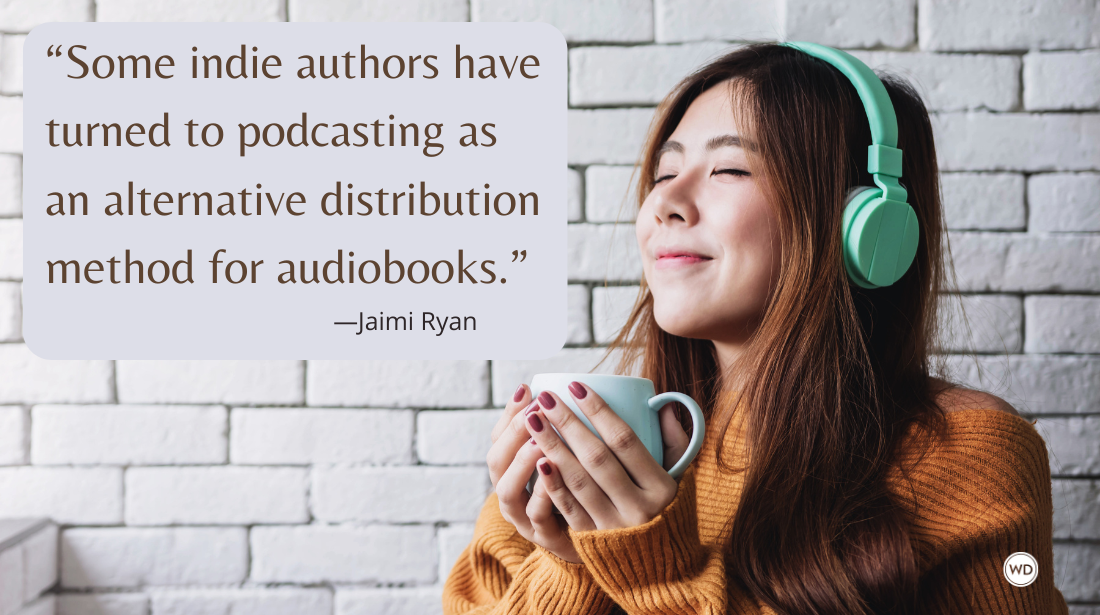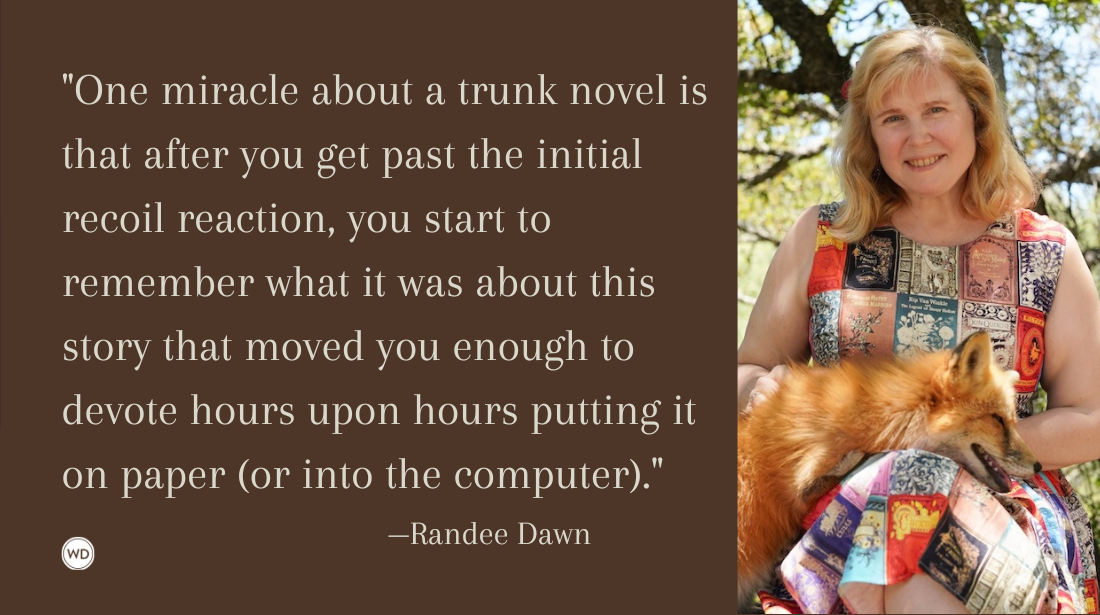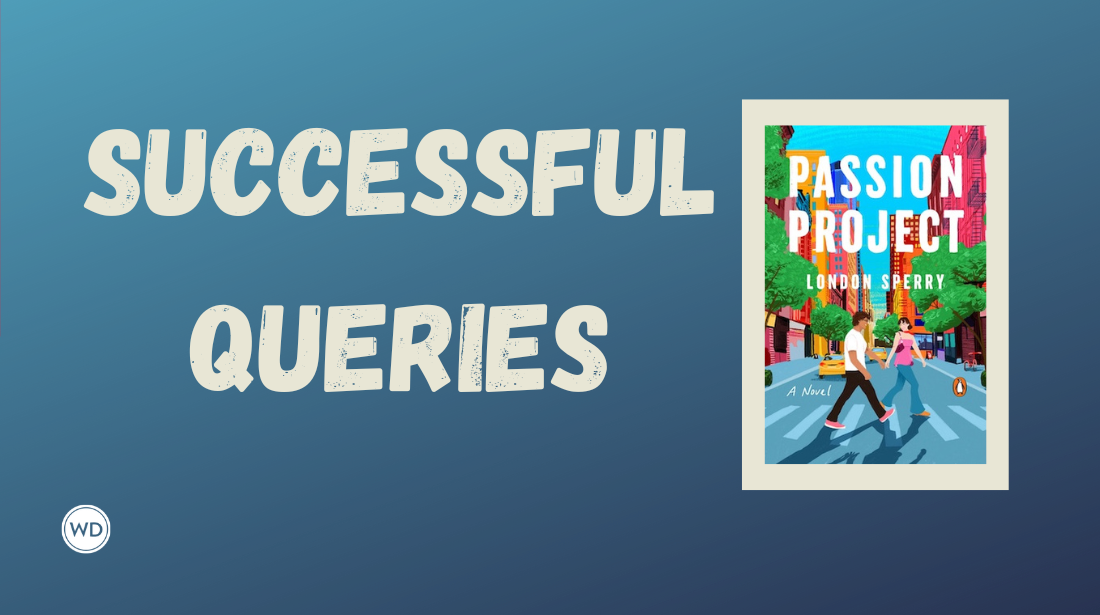I Need an Agent for My Poetry
How do I get a literary agent to represent my poetry? That’s the question posed by a poet with a collection of poems needing feedback on how to finish it.
As some of you may have guessed, I get a lot of e-mail both at my professional and personal inboxes. I try to respond to as much as I can, but it's occasionally an electronic tsunami that completely overwhelms me. So I was recently spring cleaning my inbox when I got an idea to start a series of posts in which I tackle recurring questions. We can consider it the Poet Inbox series, and I'll try sharing them on Fridays.
Here's the first one. I get a variation of this question every couple months: "I am looking for an agent to assist me with marketing a book-length manuscript of poetry. This collection has gone through three major edits and is currently placed with a number of contests. I have a sense of what I want to do with this collection; however, I think it would be a good time for me to get some feedback from a person with a marketing/editing background before I begin another edit."
*****
How to Get an Agent
Many writers think getting a literary agent is the hardest thing they'll have to do as a writer. They think agents are looking to turn away writers, when actually many agents are actively looking to sign new talent. How do you find these agents that have open doors?
Learn the secrets from literary agent Carly Watters in her OnDemand webinar How to Get an Agent. In it, she teaches writers what agents are being told by the industry, how that helps shape the debut projects they sign, where to find the right agents that represent what you write, and more.
*****
For the most part, poets and literary agents do not mix. When they do, here's what is usually happening in 99.9% of situations:
- Poet has already made it. Big time. Poet Laureate, books published by one of the big NYC publishers, and so on. Or...
- Poet has a novel or memoir. Or something else of value that sells. Because poetry, for the most part, does not sell well enough to keep an agent in business.
- Poet is being exploited by someone who calls themselves an agent. In this case, the "agent" is representing the poet for an upfront fee (and usually fees).
So why is this the case?
How Agents Work
Literary agents are hard to please, and the reason is easy to understand: They don't get paid until the author gets paid. Literary agents make their money by taking a cut (called a royalty) of the author's payment. This royalty is usually 15%, though it can fall anywhere in the 10-20% range depending upon the circumstances.
As such, agents need projects that bring home the money for their authors so that the agents can take a little of that money for themselves to pay for things like rent, utilities, employees (if they have any), and their own livelihood. Unfortunately for poets, poetry--as a whole--doesn't sell, especially when compared to fiction and nonfiction projects.
If you don't believe me, check out any chain bookstore's poetry section and compare it to the rest of the store. There are exceptions, surely, but not enough for agents to spend their time representing poets who have not already "made it."
What About Feedback
With literary agents eliminated as potential feedback experts, what's a poet to do to receive some feedback? There are a few options available to poets:
- Join (or start) a writing group. Many successful writers of any genre point back to their writing groups. Some of these groups get up to a dozen (or more) writers. Others are as concise as two or three participants. The important thing is finding serious writers who will give you worthwhile feedback.
- Pay for a critique. You may find these opportunities at conferences, on publisher websites, and as parts of poetry contests. Some poets offer paid critiques on the side.
- Join a poetry workshop. You can go through an entire writing program at a college or university, or you can do something online. For instance, Writer's Digest University offers a regular poetry workshop.
As a poet who has gone every route, I know first hand that all methods are valuable. That said, all final decisions should be made by you, because you're the poet. Read widely and seek feedback, but use it to build confidence in your own abilities to judge your work.
Robert Lee Brewer is Senior Editor of Writer's Digest, which includes managing the content on WritersDigest.com and programming virtual conferences. He's the author of 40 Plot Twist Prompts for Writers: Writing Ideas for Bending Stories in New Directions, The Complete Guide of Poetic Forms: 100+ Poetic Form Definitions and Examples for Poets, Poem-a-Day: 365 Poetry Writing Prompts for a Year of Poeming, and more. Also, he's the editor of Writer's Market, Poet's Market, and Guide to Literary Agents. Follow him on Twitter @robertleebrewer.








